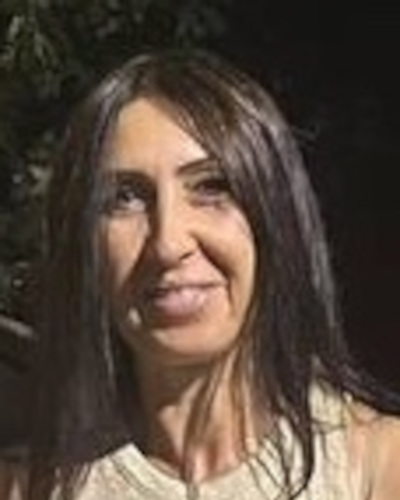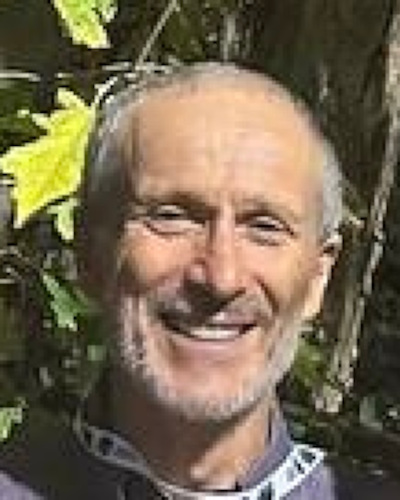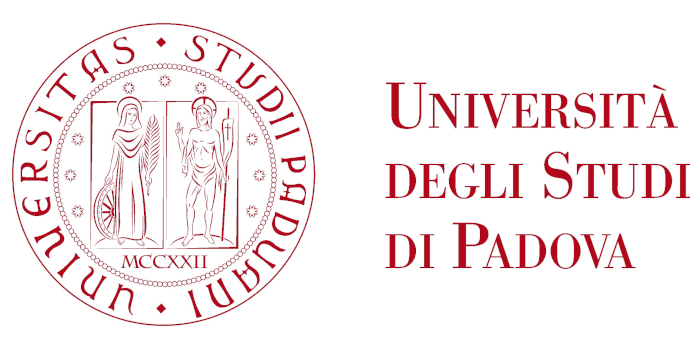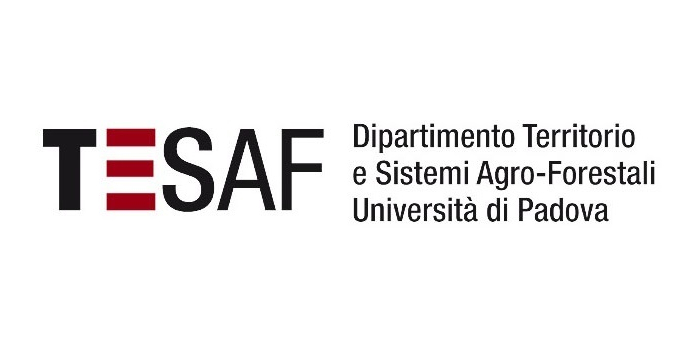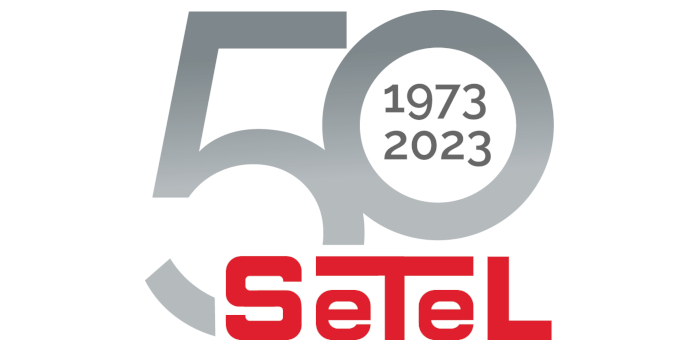SPECIAL SESSION #18
Measuring Micro- and Nanoplastics in Agricultural, Forestry and Animal Production Systems
ORGANIZED BY
Sonia Tassone
Department of Agriculture, Forestry and Food Sciences - University of Turin, Italy
Salvatore Barbera
Department of Agriculture, Forestry and Food Sciences - University of Turin, Italy
ABSTRACT
Plastic pollution stands as an escalating crisis of the 21st century. The breakdown of plastics yields minute particles, categorized as micro and nanoplastics (MNPs), measuring under 5 mm. These particles, contaminate agricultural and forestry ecosystems and permeate the landscape, being translocated in agri-food products and becoming easily accessible to domestic and wild animals, through various routes, such as the digestive and respiratory systems. Consequently, MNPs are partially absorbed, translocated and accumulate in diverse tissues and organs, thereby entering food chains. A portion of these particles is expelled by animals with feces into the soil, perpetuating a detrimental cycle.
This cycle adversely impacts agricultural, forestry and animal ecosystems, marking a critical issue in their production chain and a risk for human, animal and environmental health.
Currently, there exists a dearth of information, protocols, and data concerning MNPs measurement in these terrestrial ecosystems.
The primary aim of this specialized session is to delve into the detection of MNPs contaminants, gaining insights into their life cycle, and elucidating their potential ramifications on agricultural, forestry, and animal ecosystems, including food chains. Furthermore, we seek to assess the efficacy of digestive microorganisms in livestock in degrading MNPs, recognizing its pivotal role in ameliorating the global concern surrounding MNPs. It is imperative to underscore the necessity for swift and comprehensive scientific intervention to effectively address the urgent and intricate challenges posed by plastic pollution within agricultural, forestry, and animal sectors.
ABOUT THE ORGANIZERS
Sonia Tassone, - Researcher in Animal Nutrition AGR/18 - DISAFA UNITO
Short biography: Graduate in Agronomy Science and Technologies, she has a Ph.D. in Animal Science. Since 2006 she is researcher within the SSD AGR/18 at the Department of Agriculture, Forestry, and Food Sciences, University of Turin. She works on animal nutrition (ruminant and monogastric); feed analysis, in vitro digestibility, use of by-products in animal nutrition for a sustainable and ethical production and microplastics contamination in animal nutrition. She is author of more than 100 technical and scientific papers. Her current teaching activity includes the courses of “Animal Nutrition” and “Analyses and evaluations of animal feeds”.
Salvatore Barbera, graduated (110 cum laude/110) with a M.Sc. degree in Agricultural Sciences and obtained a Ph.D. on Applied Animal Science at the University of Turin, Italy. After that he had training periods in: animal welfare and quality of meat; multivariate statistical analysis of parameters relating to the aroma of food; use of SAS software, uni and multivariate statistical analysis, Logit and Probit models, Bio-Statistics, use on mainframe and modeling of parameters relating to animal productions; agropastoralism in developing countries. He is currently Assistant Professor (SSD AGR/19) at the University of Turin, Italy. His research activity has involved the field of “Technological innovation applied to animal welfare and quality of animal products". The use of bioinformatics, video technologies, data transmission, sensors and Video Image Analysis to create, develop or improve applications in the field of animal production and animal welfare as well as protocols and methods of analysis on the quality of food of animal origin. He improved an already known method with a new parameter for the determination of the trend over time of the release of free water in meat (WHCtrend) creating an instrument for the automatic and standardized measurement of the water content of meat. He developed a new parameter for the direct measurement of meat shrinkage "Meat Cooking Shrinkage or MCS" by designing and manufacturing a new laboratory instrument for its measurement. He developed two protocols for the analysis of the instrumental quality of meat and burgers and a protocol for the evaluation of the aroma and taste of fresh meat by applying the Electronic Nose and Tongue. He has made a system for the automatic control of the individual feeding of the fattening pig through the implementation of a self-feeder with weigher and video camera. He proposed an Index (Animal Food Ethical Index or AFEI) that combines Ethics and Bioethics for the animal productions. He was responsible for the proposal, financing research, management, organization of research projects and personnel organization. He is author of 143 publications on issues related to his professional activity and of presentations at national and international conferences or meetings including the "Maker Faire" 2016 with prototypes created for the qualitative analysis of two meat parameters.


